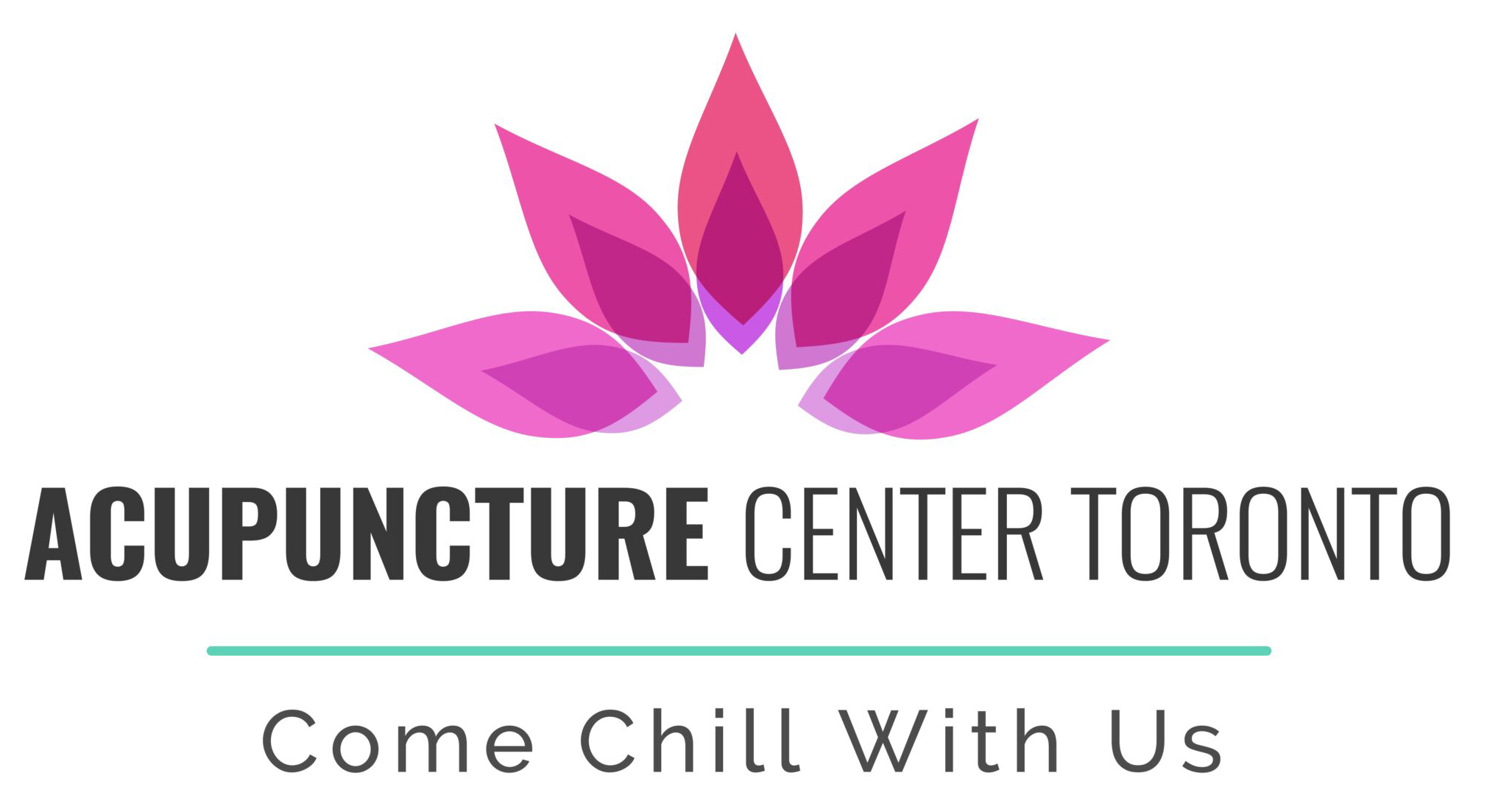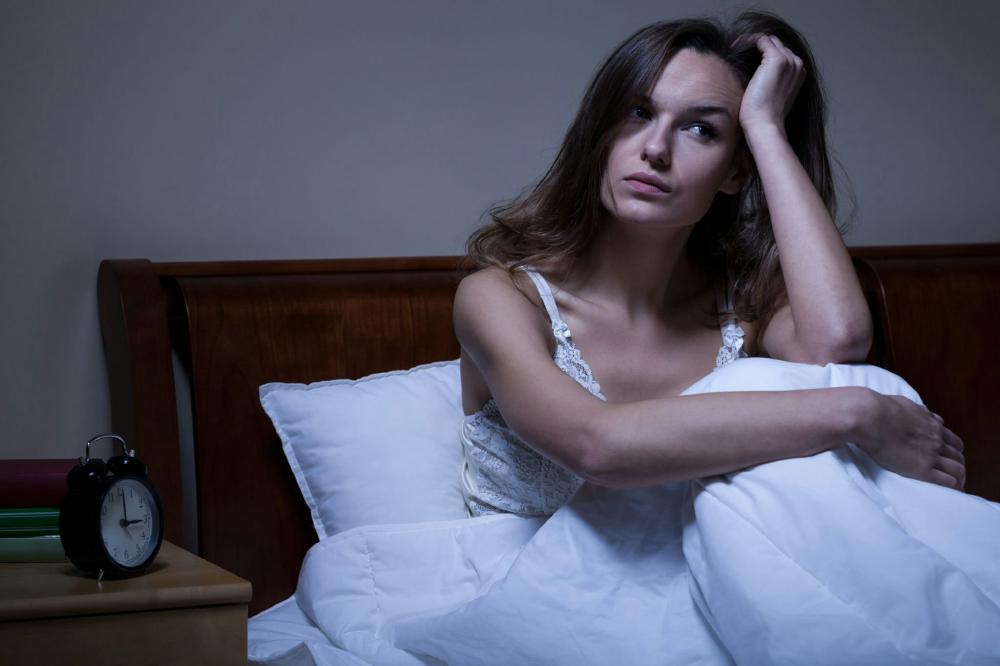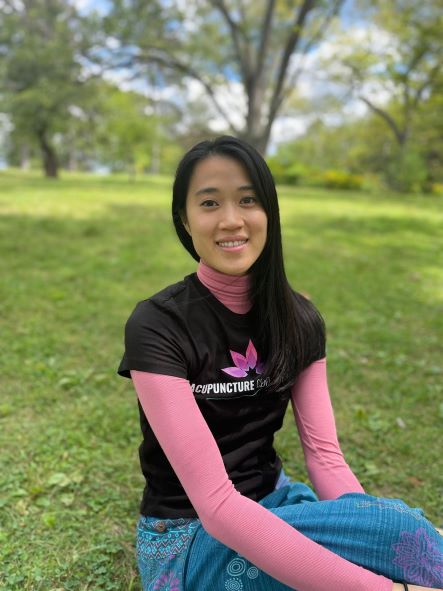We help Torontonians sleep naturally
Acupuncture helps insomnia and it’s one of the most common issues we treat at Acupuncture Center Toronto. In other blog entries, we’ve touched on Toronto being a working city. Torontonians are stressed, tired, anxious and often with this comes insomnia. It is largely accepted in the medical community that an individual should sleep for eight hours, each night. Mathematically speaking, during any given 24-hour cycle, a third of your day should be devoted to sleep. In order words: sleep makes up one third of our lives! But is it likely that everyone in Toronto is able to get a full 8 hours of sleep? The high volume of patients we see in our downtown Toronto clinic with insomnia would dictate otherwise. Since 2003 our award-winning clinic has treated thousands of patients with insomnia. Without the use of sleeping pills or other pharmaceuticals, Acupuncture is an incredible natural sleep aid.
How Acupuncture improves Insomnia
- Calms nervous system
- Reduces cortisol which is the body’s main stress hormone
- Promotes brain chemicals such as serotonin which helps with pain and sleep
- Settles the mind
- Improves emotional wellbeing
- Helps reduce respiratory issues.
- Helpful with sleep apnea and sinus issues
- A randomized, controlled study focussing on 62 participants found that acupuncture was effective in improving sleep quality and psychological health in patients affected by sleep disorders and insomnia
- Helps with other health issues contributing to an inability to sleep such as anxiety, back pain or headaches
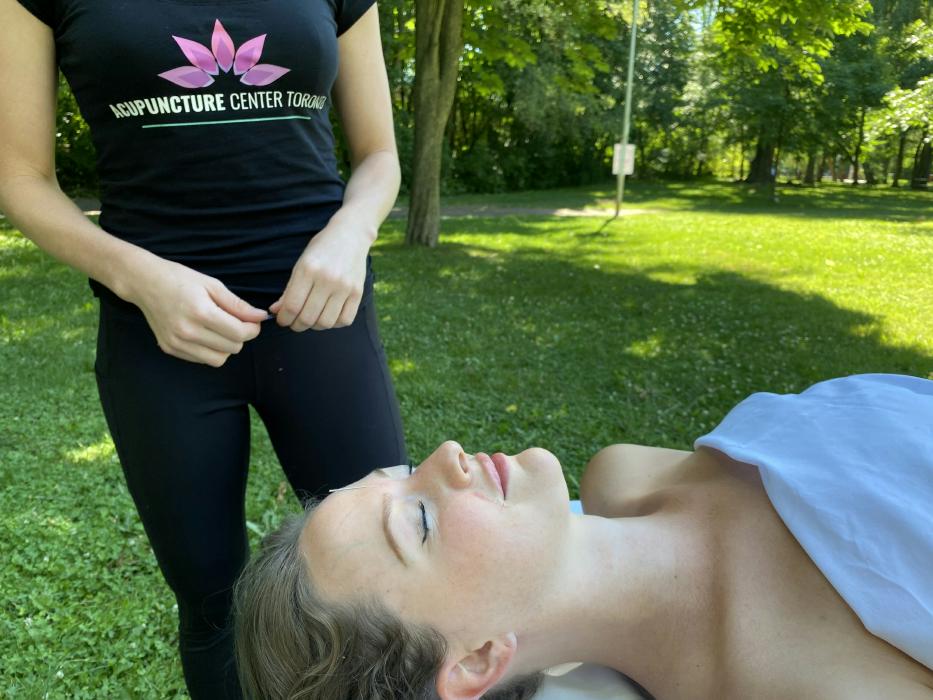
We provide the best Acupuncture Points for Insomnia PROVEN to induce sleep
We believe that Acupuncture is an effective natural remedy for Insomnia.
There are many Acupuncture points that are extremely effective in treating insomnia. We use them all the time at Acupuncture Center Toronto. In fact, these points are fantastic to press right before bed with your thumbs or fingers. Here are a couple of our favourite insomnia points.
Watch this quick video we made featuring one of our favourite insomnia points that you can press at home before bed.
We know all the best points to help with sleep!
Shen Men-Heart 7-Sprit Gate (as seen in the above video)
When stimulated by pressure or needling, Heart 7 point reduces anxiety, settles the shen spirit and naturally induces sleep. Think of it as part of a natural sleeping pill prescription. Here we are in clinic needling the point.
How to find this point- on the outer edge of the wrist crease. Same side as the pinky finger. Here’s us needling Shen men in clinic!
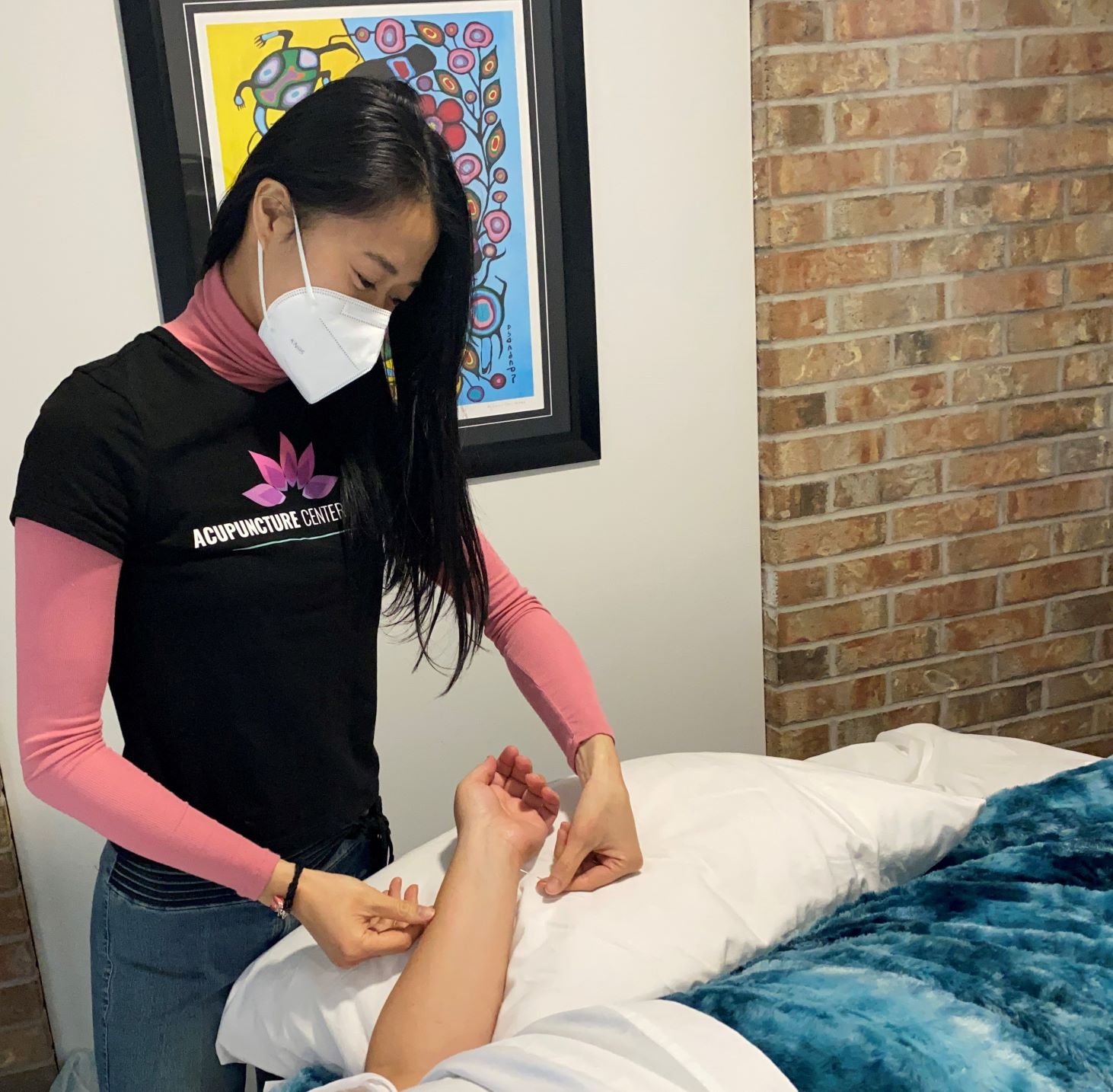
Yintang- Third eye point/Hall of the Seal-
This point has a mentally grounding and stabilizing effect. It’s also a Spiritual Hindu point as well. It’s location right over the pineal gland has an overall positive impact on emotional wellbeing when pressed or needled.
How to Find this point- In the center between the eyebrows.
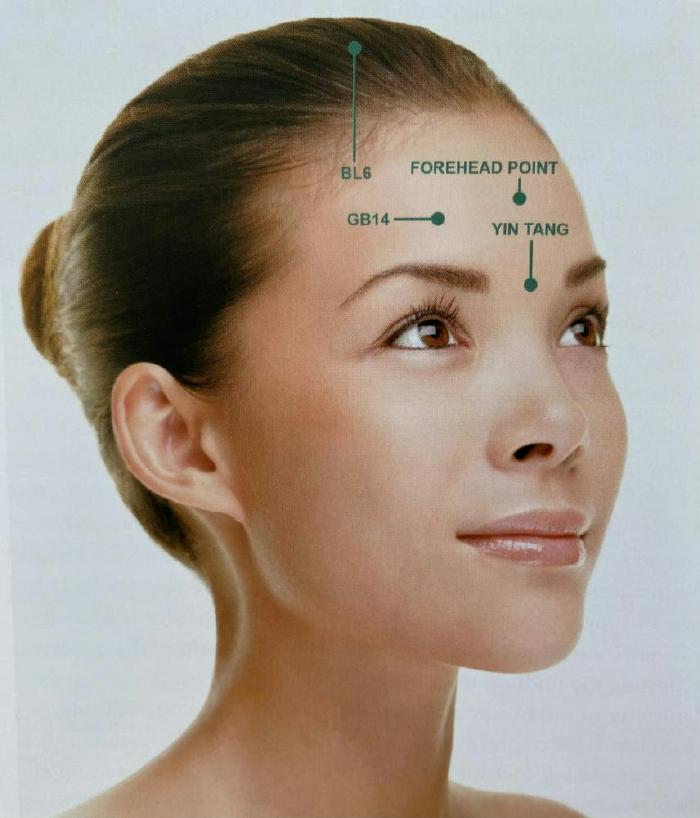
What are some things you can do at home to prevent or reduce insomnia?
Some lifestyle changes may help with regulating sleeping. Here are a few simple suggestions that you can do at home to help with sleep.
Insomnia Tips
- Avoid naps to maximize likelihood of falling asleep at night
- Avoid stimulants in the later part of the day
- Regular exercise in the morning
- Eat lighter meals late in the day; a light snack before bedtime is the most you should put into your digestive system just before bed
- Make your bedroom as quiet and as dark as possible
- Have a “screen free” bedroom. Studies have proven that devices such as cell phones can exacerbate one’s inability to go to sleep. Brightness from electronics tricks our bodies into thinking that it is still daytime)
- Keep your phone off during periods of intended sleep
- Establish an evening routine to decompress from your day and calm the mind
- Meditate/follow your breath until you fall asleep
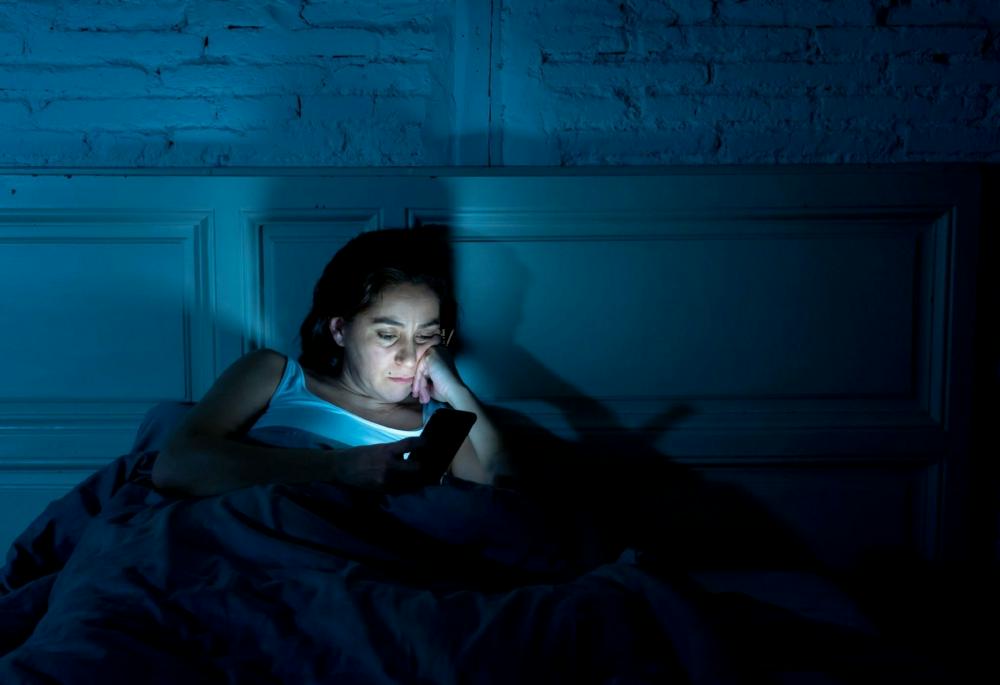
The 5 types of insomnia
- Acute insomnia – lasts for less than a month, usually due to a period of adjustment.
- Chronic insomnia – difficulty sleeping at least three days a week for at least a month; this type can be of unknown cause, or of underlying diseases (psycho-emotional disorders, hormonal imbalances, chronic pain, or lifestyle)
- Onset insomnia – trouble falling asleep
- Maintenance insomnia – difficulty staying asleep
- Childhood Behavioural insomnia- a child has negative associations with sleep, or a child refuses to sleep.
How insomnia wears us down
Naturally, our moods, cognitive and bodily functions, and physical performance will suffer without adequate sleep. Many areas of our lives are affected by insomnia such as aging, health, social relationships, cognitive functions and memory. This is probably why we as Registered Acupuncturists and Traditional Chinese Medicine Practitioners often see Insomnia as a chief complaint, as this can truly disturb an individual’s quality of life.
If the ability to do this is removed from your body, your body will move quicker into degeneration (meaning, you will age faster). Complications such as an increased risk in high blood pressure and heart disease, obesity, depression and anxiety, substance abuse, slow reaction time, irritability, and anxiety, and poor performance can grip everyday life. Luckily insomnia can be greatly improved by Acupuncture and Chinese Herbal Medicine.
An Acupuncturist’s approach to treating insomnia
It takes a few steps for us to collaborate with a patient to arrive at a proper diagnosis of their type of insomnia. We look at Chinese Medicine concepts such as imbalances of the organs and “spirit” involved. And no don’t worry, there’s nothing wrong with your organs. Chinese Medicine has different concepts of how the organs work in the body. Hang in there and keep reading. Let’s explain further…
Before we get into the organ energies and spirits, you’ll need to know a little about the concept of yin and yang. You’ve heard of Yin/Yang before right? Yep, you know it- the balance icon!
Concepts of Yin/Yang in relation to Insomnia
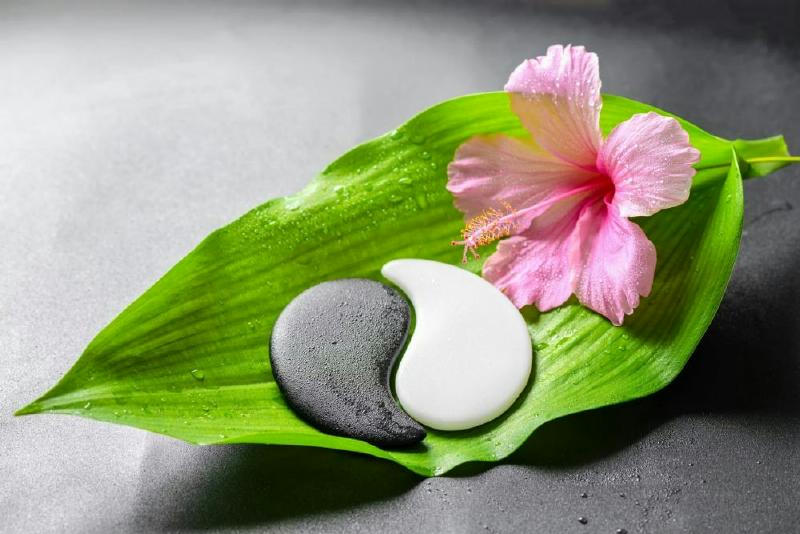
| Yang Relates to: | Yin Relates to: |
|---|---|
| Upward | Active |
| Warm | Cool |
| Bright | Dim |
| Active | Rest |
How the mind settles and rests easy
If one was to compare the body and the spirit to this concept: the spirit is more yang (intangible) while the physical body is more yin (substantial). One might say that the spirit (yang) needs the body (yin) in order for a human to take form; something substantial (blood) needs to
ground the intangible (spirit). If there is not enough blood or yin, the spirit is not grounded and well…spacey. Chinese Medicine explains this as a disturbance of the Spirit, causing such mental disturbances as insomnia.
The difference between the Inability to FALL or STAY asleep according to an R. Ac Registered Acupuncturist. In general, patterns of excess pathology (such as stress creating heat in the body) will manifest as the inability to fall asleep: patterns of deficiency pathology (such as a lack of blood to nourish the Spirit) will manifest as the inability to stay asleep. It’s also worth noting that there are different Acupuncture points in a Registered Acupuncturist’s toolbox based on if you have issues falling OR staying asleep
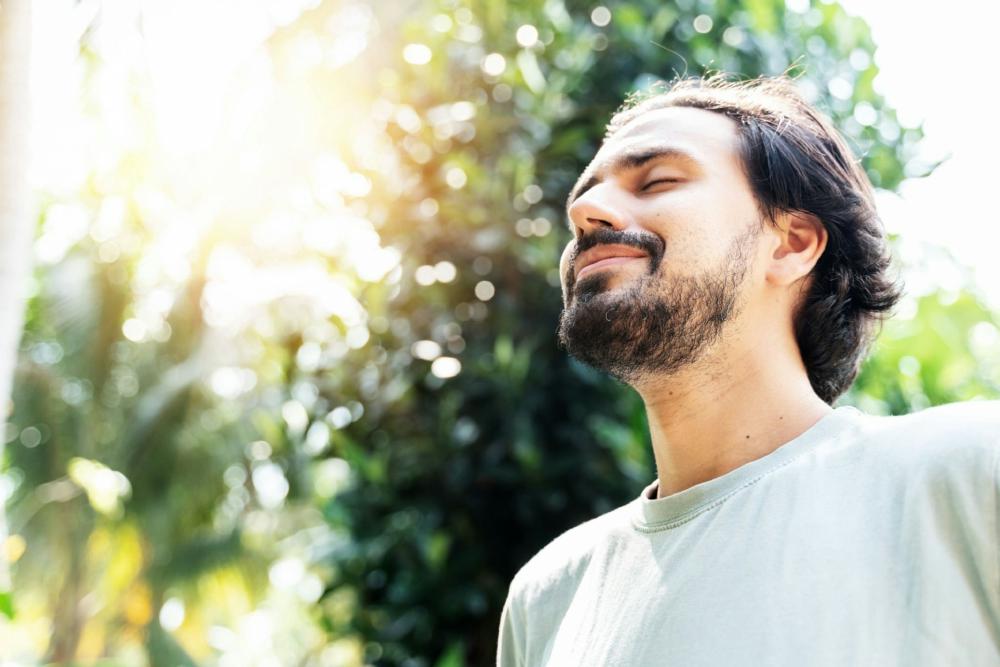
Our body’s spirits in relation to sleep
The body has 5 different spirits. The 2 most commonly involved with insomnia are “Shen” (relating to the Heart), and “Hun” (relating to the Liver).
Shen Spirit
Shen can be understood as the Mind. Shen is in charge of- mental activity, consciousness, thinking, memory, and sleep. As the Shen pertains to the Heart, blood feeds and nourishes Shen and all mental activities.
Hun Spirit
The Hun spirit is the “ethereal soul” of the body. Chinese Medicine explains that the Hun spirit returns to the Liver to be nourished by the blood during sleep. Here, the spirit rests and is replenished for its next rise to its duty in the waking hours. In this theory, any yin/yang imbalance found in the heart or liver can weaken the heart’s ability to nourish the mind. Imbalances in yin/yang can also disturb the spirit. Organs may need to be strengthened and tuned up. For example, the liver blood may need to be worked on with Acupuncture so it’s abundant and able to properly nourish the ethereal soul. Kind of like the same idea as providing Iron to an Anemic.
How an Acupuncturist Diagnoses insomnia
Deficiency of yin or excess of yang causes yang syndromes: this can show up in the form of heat signs in the body, such as the inability to fall asleep, feeling hot when sleeping, a desire to drink or eat cold foods, or desire to be in a colder environment.
Deficiency of yang or excess of yin
This can show up in the form of cold signs in the body, such as cold limbs or body, pale white complexion, not usually thirsty, fatigue, or desire for hot/warm drinks/food/environment.
It is not necessary to fully understand the intricacies of Chinese Medicine physiology such as organ imbalances and the different spirits. We write these articles to provide communication on our care and how our healing practice works. We want to provide a space to demystify some Chinese Medicine concepts around insomnia. We hope we have drawn the blinds and provided your mind a cozy place to support you with any sleep related issue. Come Chill with us.
Let us help you sleep. Sleep is when the body repairs itself. Acupuncture is one of the best ways to combat insomnia
By Ariel Ng, R. Ac, R. TCMP
Ariel Ng has treated insomnia extensively in her practice. Her patients often note on how gentle she is in both demeanor and needling skills. She has had success treating many kinds of sleep and nervous system conditions. Click here to book an appointment with Ariel.
